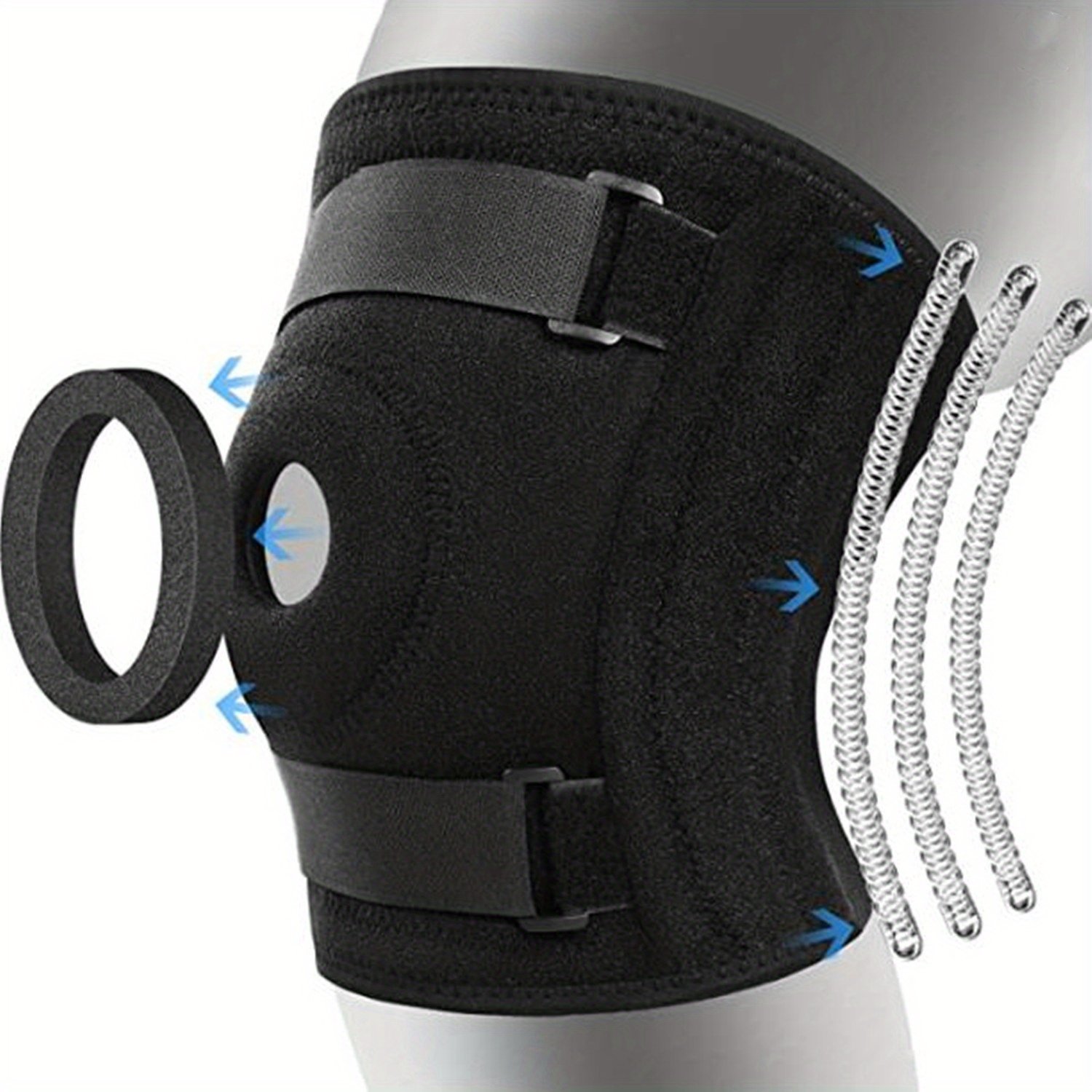Types Of Respite Care: Choosing The Right Option For Your Needs

Overview
Caring for a loved one can be deeply rewarding but comes with challenges and responsibilities. Whether you’re a family caregiver needing a break or seeking temporary care for a loved one, respite care offers a valuable solution.
Respite care provides short-term relief to primary caregivers, allowing them to recharge, attend to personal needs, or simply take a break while ensuring their loved one receives the necessary care and support. Understanding the types of Professional respite care in Melbourne available can help you choose the right option that meets your needs and preferences.
In-Home Respite Care
In-home respite care involves bringing a trained caregiver into the home to care for your loved one. This type of care allows the individual to remain in familiar surroundings while receiving personalised attention and assistance.
In-home caregivers can help with daily activities such as bathing, grooming, meal preparation, medication reminders, and companionship. This option is ideal for individuals who prefer to stay at home and caregivers who need assistance with specific caregiving tasks.
Benefits of In-Home Respite Care
Comfort and Familiarity: Your loved one can remain in a familiar environment, reducing stress and anxiety.
Personalised Care: Caregivers can tailor their approach to meet the unique needs and preferences of the individual receiving care.
Convenience: It eliminates the need for travel or relocation, providing convenience for both the caregiver and the care recipient.
Respite for Caregivers: Primary caregivers can take breaks knowing their loved one receives quality care at home.
Adult Day Care Centers
Adult daycare centres provide daytime supervision and care for seniors or adults with disabilities in a group setting.
These centres offer structured activities, social interaction, meals, and assistance with daily living tasks. Participants can engage in recreational activities, exercise programs, and cognitive stimulation under the supervision of trained staff members.
Adult daycare centres typically operate during regular business hours, allowing caregivers to work, run errands, or attend personal appointments while their loved one is cared for in a safe and supportive environment.
Benefits of Adult Day Care Centers
Social Interaction: Participants can socialise with peers and engage in group activities, reducing feelings of isolation and loneliness.
Structured Activities: Centers offer a variety of activities designed to stimulate cognitive function and promote physical well-being.
Professional Supervision: Trained staff members provide supervision, assistance with medications, and support with daily living tasks.
Support for Caregivers: Caregivers have time during the day to rest, work, or attend to personal needs while knowing their loved one is in a safe and stimulating environment.
Residential Respite Care Facilities
Residential respite care in melbourne facilities offers short-term accommodation and care for individuals who require more intensive support than at home.
These facilities may be part of assisted living communities, nursing homes, or specialised care centres.
Residential respite care allows individuals to stay temporarily in a fully equipped facility, receiving around-the-clock care, supervision, and support from trained staff members.
This option is suitable for caregivers who need an extended break or for individuals who require temporary care due to illness, recovery from surgery, or a caregiver’s absence.
Benefits of Residential Respite Care Facilities
24/7 Care and Supervision: Individuals receive continuous care and supervision in a secure environment.
Access to Medical Services: Facilities may have onsite medical staff or access to healthcare professionals for medical needs.
Comfortable Living Arrangements: Residents stay in furnished accommodations with access to amenities like meals, housekeeping, and recreational activities.
Relief for Caregivers: Caregivers can take extended breaks or vacations while their loved one receives comprehensive care in a residential setting.
Hospice Respite Care
Hospice respite care provides short-term relief to caregivers of terminally ill patients who are receiving hospice care at home.
This type of respite care allows caregivers to take a break from their caregiving duties while their loved one stays in a hospice facility or hospital for up to five consecutive days.
During this time, hospice staff members provide compassionate care and support to the patient, including pain management, personal care, and emotional comfort.
Hospice respite care allows caregivers to rest and recharge while ensuring their loved one receives specialised end-of-life care.
Benefits of Hospice Respite Care
Specialised End-of-Life Care: Patients receive compassionate care and symptom management from hospice professionals.
Support for Caregivers: Caregivers have time to rest, attend to personal needs, or spend quality time with family and friends.
Peace of Mind: Knowing that their loved one is in a supportive environment receiving expert care can alleviate stress and anxiety for caregivers.
Flexible Options: Hospice respite care can be scheduled as needed to accommodate caregivers’ schedules and caregiving responsibilities.
Choosing the Right Respite Care Option
When selecting a respite care option, consider the specific needs and preferences of your loved one and your caregiving situation.
Evaluate factors such as the level of care required, the duration of respite needed, and your budgetary considerations.
Consult with healthcare professionals, social workers, and respite care providers to explore options and determine which respite care best meets your needs.
By choosing the right respite care option, you can ensure that you and your loved one receive the support and care necessary to maintain health, well-being, and quality of life.
Conclusion
Respite care is vital in supporting caregivers and ensuring the well-being of individuals who require temporary care and supervision.
Whether you opt for in-home respite care in melbourne, adult day care centers, residential respite care facilities, or hospice respite care, each option offers unique benefits designed to meet the diverse needs of caregivers and care recipients.
By understanding the types of respite care available and carefully evaluating your options, you can make an informed decision that enhances caregiving experiences, promotes caregiver health and resilience, and improves the overall quality of life for you and your loved one.
Related Posts

Choosing the Best Knee Braces: A Comprehensive Guide

How to Choose the Right Italy Short Tours for Families

